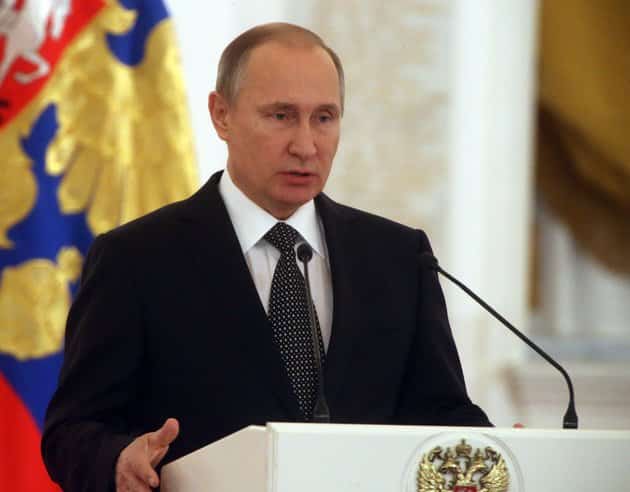Premier Li Keqiang feels optimistic about China-U.S. relations, despite bumps in the road.
BEIJING — China’s premier told the United States on Wednesday: We don’t want a trade war with you, but if one breaks out, your companies would bear the brunt.
Yet despite tensions over jobs, currency rates and “security matters,” Li Keqiang told a news conference in Beijing ahead of the first visit by the new U.S. secretary of state that he remained optimistic about the future of China’s relationship with the United States.
“Our hope on the Chinese side is that, no matter what bumps this relationship may run into, it will continue to move forward in a positive direction,” he said.
The two countries share extensive common interests and should “sit down to talk to each other” to build trust and narrow differences, Li told journalists at the end of China’s annual parliamentary session, adding that diplomats were working toward a face-to-face meeting between President Xi Jinping and President Trump.
Experts say China has been pushing hard to arrange such a meeting, realizing how important personal chemistry between the two leaders could be in maintaining stable ties, and U.S. media has since reported that one has been tentatively scheduled for April 6-7 at Trump’s Mar-a-Lago Club in Florida.
Secretary of State Rex Tillerson is due to arrive in Tokyo on Wednesday for his first Asia trip since taking office, and he will visit Beijing later in the week.
Premier Li said China’s trade and investment ties with the United States created up to one million American jobs last year.
“Recently I came across an article from an authoritative international think tank. It says that should a trade war break out between China and the United States, it would be foreign-invested companies, in particular U.S. firms, that would bear the brunt of it,” he said.
“We don’t want to see any trade war breaking out between the two countries. That wouldn’t make our trade fairer,” he added.
But while it’s true that a trade war would a disproportionate effect on American firms like Apple which outsource manufacturing to China, economist Christopher Balding said it wasn’t really accurate to say that the U.S. economy as a whole is more vulnerable.
“China is much more dependent on trade with the U.S. as a percentage of GDP, and received most of its trade surplus from the U.S.,” said Balding, an associate professor at the HSBC Business School in Shenzhen, adding that it would be easier for U.S. firms to move their supply chain than for China to change its industrial structure.
“It remains advisable for China to match its rhetoric on open markets and free trade with action, by opening up is markets to competition in goods and investment,” he said.
Li’s comments came a day after Trump’s pick for U.S. Trade Representative said China is one of the top trade problems the United States faces, but that it was not clear if Beijing is still manipulating its currency.
“If you look at our problems, China is right up there,” Robert Lighthizer told lawmakers on the Senate Finance Committee at a confirmation hearing on Tuesday in Washington.
Trump launched a constant volley of complaints against China on the campaign trail, denouncing it for stealing American jobs, manipulating its currency, militarizing the South China Sea and not doing enough to rein in North Korea’s nuclear program.
He then upset Beijing by accepting a phone call from Taiwan’s President Tsai Ing-wen after his election and publicly questioning whether the United States should maintain its one-China policy.
But he eventually backed away from that fight, agreeing to honor the policy during what he called a “very warm” phone call with Xi in February. Since then, he has also refrained from any criticism of China on his Twitter feed.
Li reiterated that the one-China policy was the “political foundation” of relations and could not be undermined.
“With that foundation in place, we believe there are bright prospects for China-U.S. cooperation,” he said.
While relations with China will be discussed during Tillerson’s visit, the top of the agenda for the new secretary of state’s is expected to be North Korea’s nuclear program.
Li repeated his country’s call for dialogue to lower tensions on the Korean Peninsula.
“Tensions may lead to conflict which would only bring harm to all the parties involved,” he said. “It’s just common sense that no one wants to see chaos on his doorstep.”














